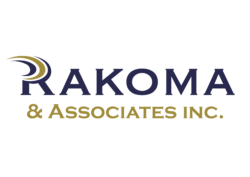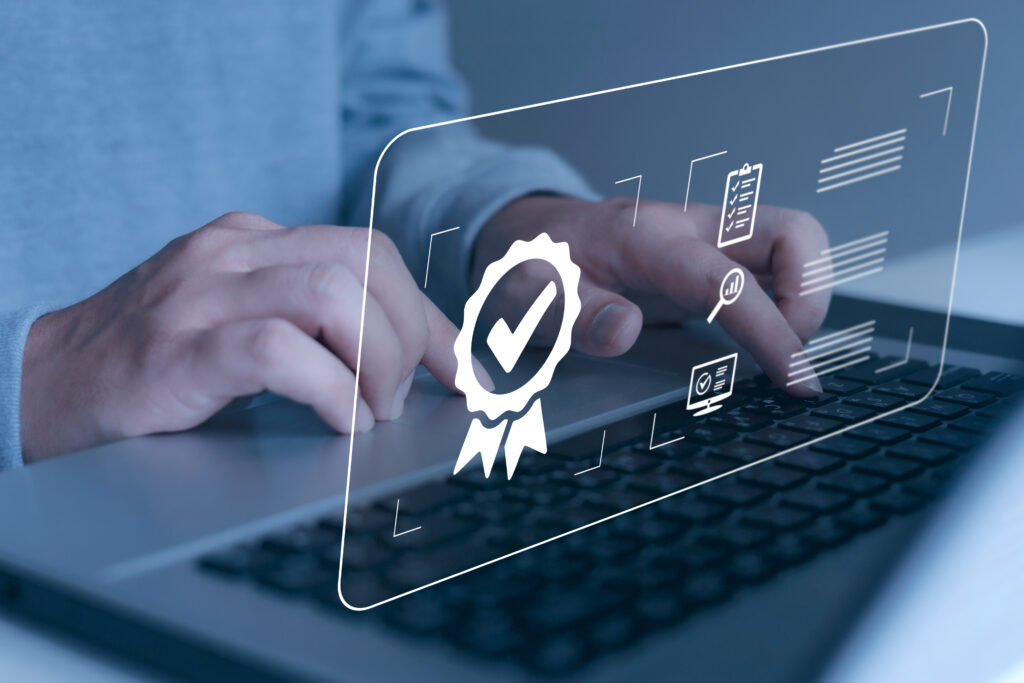High-quality audits are the foundation of trustworthy financial reporting. They provide assurance to investors, regulators, and stakeholders that a company’s financial statements accurately represent its financial position and performance. However, concerns have been raised about the quality of audits, highlighting the need for continuous improvement in this critical area. This article explores key strategies to enhance audit quality and restore confidence in financial reporting.
1. Strengthening Professional Standards: One of the primary ways to improve audit quality is by enhancing professional standards. Regulatory bodies and professional organizations should continuously review and update auditing standards to reflect emerging risks, technological advancements, and evolving business practices. Regular revisions should focus on providing clear guidance, addressing complex accounting issues, and promoting consistency in audit procedures.
2. Enhancing Auditor Competence: The competence and expertise of auditors directly impact the quality of audits. Ongoing professional development programs should be designed to equip auditors with the necessary skills and knowledge to perform high-quality audits. Firms should invest in training that focuses not only on technical proficiency but also on critical thinking, professional skepticism, and effective communication. Additionally, regulators should enforce stringent licensing and certification requirements to ensure auditors meet the highest professional standards.
3. Encouraging Auditor Independence: Maintaining auditor independence is vital to ensure unbiased and objective audit opinions. Regulatory bodies should establish and enforce stringent independence rules, addressing potential conflicts of interest that may compromise auditor objectivity. Audit firms should adopt robust internal controls to identify and manage independence threats effectively. Strengthening the role of audit committees in overseeing auditor independence can also contribute to enhancing audit quality.
4. Embracing Technological Innovations: The audit profession should embrace technological advancements to enhance audit quality and efficiency. Automation and data analytics tools can help auditors analyze large volumes of data, identify anomalies, and detect potential risks more effectively. The use of artificial intelligence and machine learning algorithms can improve the accuracy and effectiveness of audit procedures. Integrating technology into audits can also free up auditors’ time to focus on critical judgment areas and enhance the overall quality of the audit process.
5. Strengthening Regulatory Oversight: Regulatory bodies play a crucial role in ensuring audit quality. They should enhance their oversight of audit firms, conduct regular inspections, and enforce compliance with professional standards. Regulators should have the authority to impose severe penalties for non-compliance, including fines and license revocation. Transparent reporting of inspection findings can also help drive accountability and encourage audit firms to improve their practices.
6. Encouraging Collaboration and Knowledge Sharing: Promoting collaboration and knowledge sharing among auditors, audit firms, and regulators is essential to improving audit quality. Industry associations and professional bodies should facilitate forums, conferences, and working groups to exchange best practices, discuss emerging issues, and share insights. Collaboration can foster a culture of continuous learning and improvement, ultimately enhancing audit quality across the profession.
Enhancing audit quality is crucial to restore trust in financial reporting. Strengthening professional standards, enhancing auditor competence, fostering auditor independence, embracing technological innovations, strengthening regulatory oversight, and promoting collaboration are key strategies to improve audit quality. By implementing these strategies, we can ensure that audits provide reliable and accurate information, instilling confidence in investors, regulators, and stakeholders, and safeguarding the integrity of financial markets.



